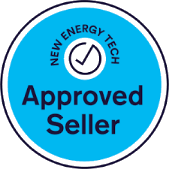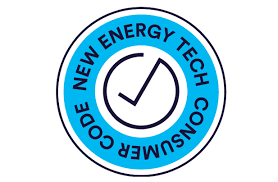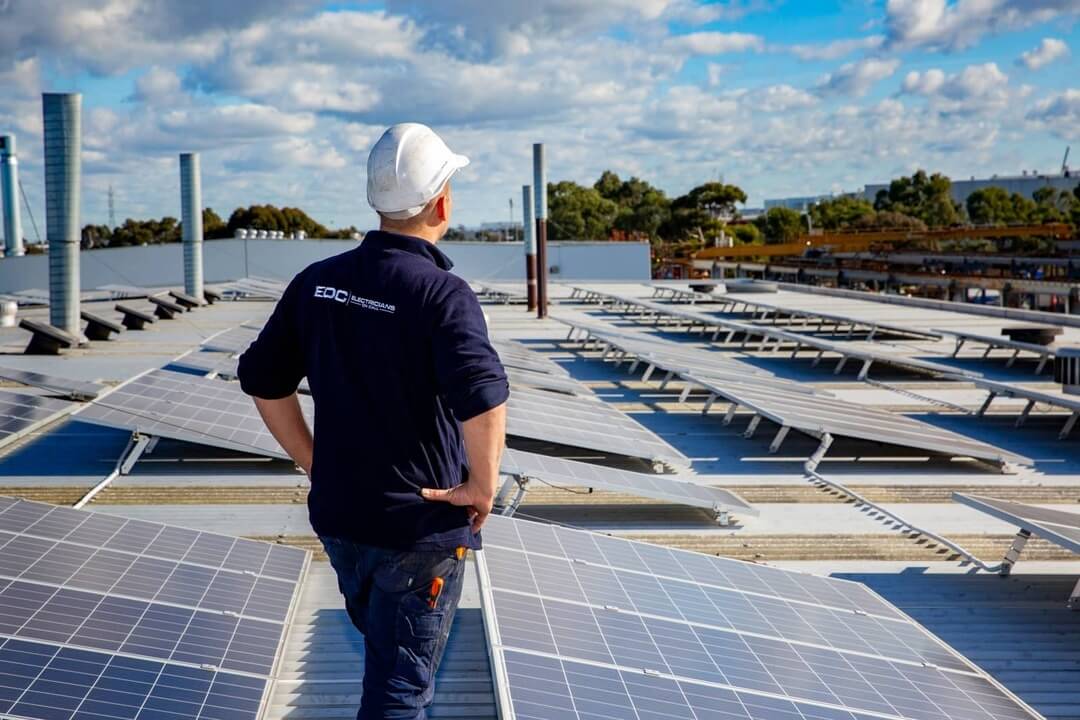EV Charging Solutions
Your Partner in EV Charging Installations
EV adoption is continually growing. If you have an electric vehicle installing an EV charger at your home or business offers numerous benefits that make it a worthwhile investment.
At EOC Energy we have experience in installing residential EV chargers and commercial EV charging stations for public.
As licensed electricians and CEC accredited installers we can provide turn key electrical and solar solutions to install solar, batteries and EV chargers.
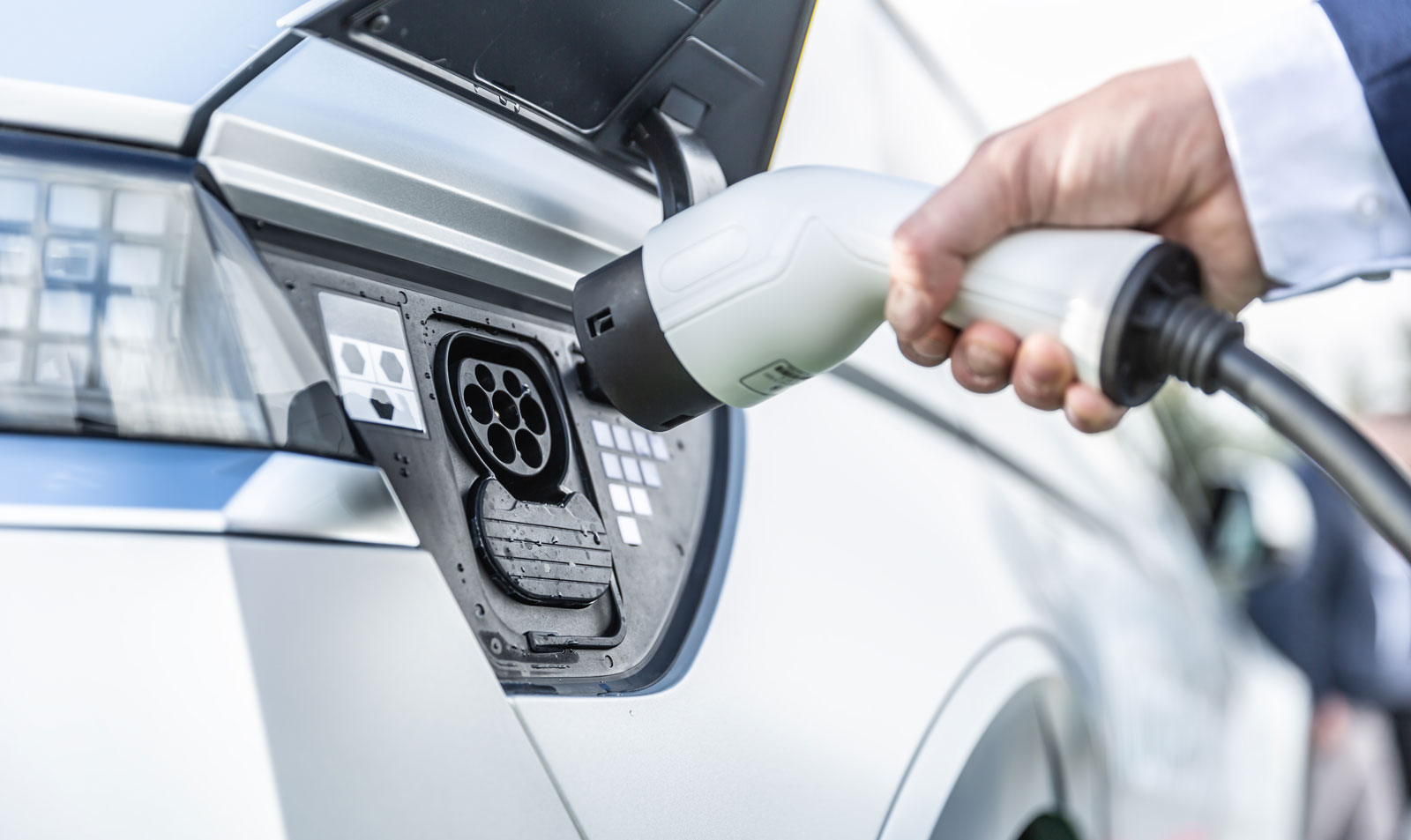
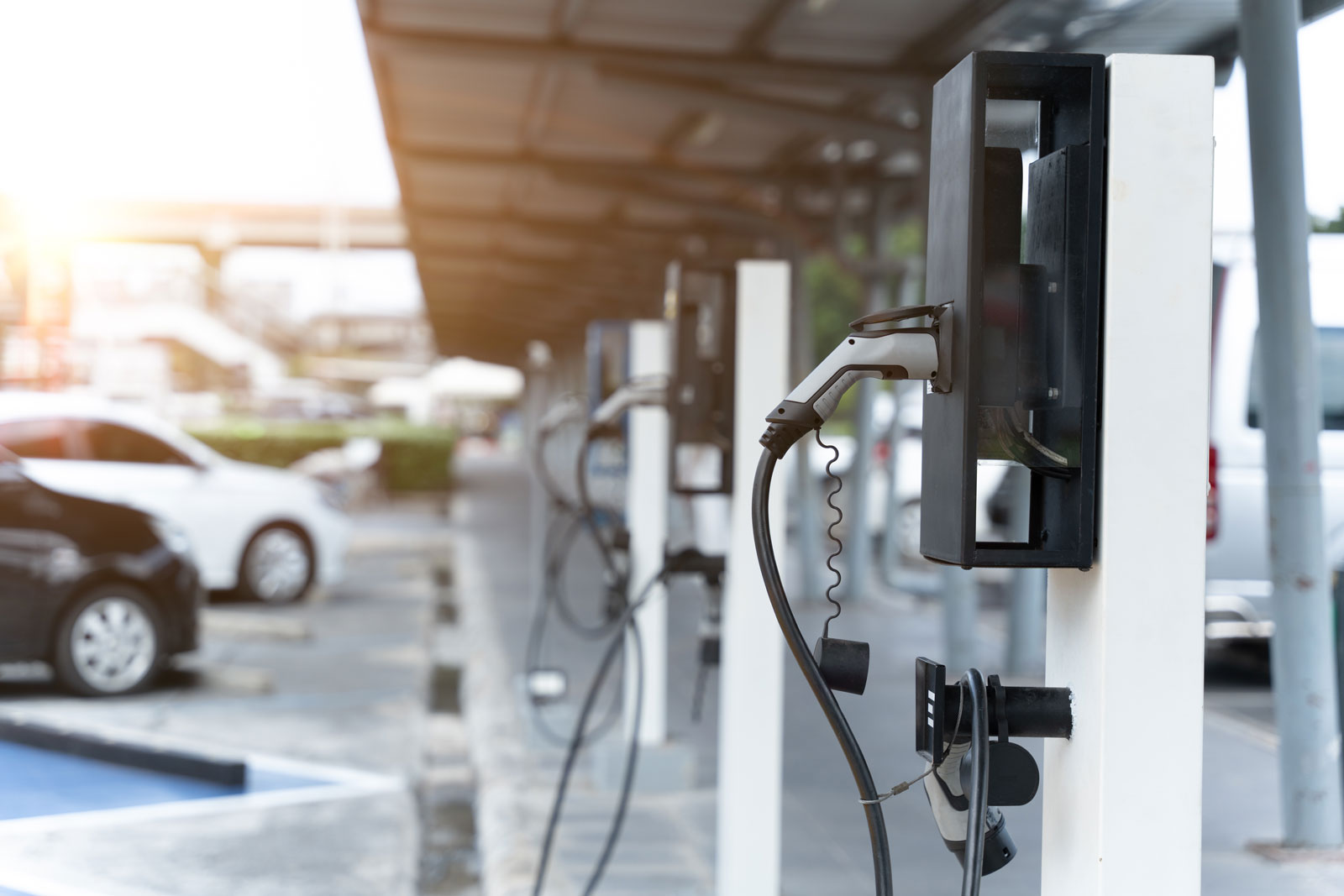
We typically recommend chargers from the following brands:
- Tesla Wall Connector
- Fronius Watt Pilot
- Zappi
- Wallbox Pulsar Plus
Before installing an EV charger, consider factors such as the type of charger suitable for your EV model and electrical capacity at your location.
Charging your EV with solar power
If you have a solar system, there are smart EV charger such as Zappi and Wallbox that have the ability to tap into and use the self-generated energy to charge your EV.
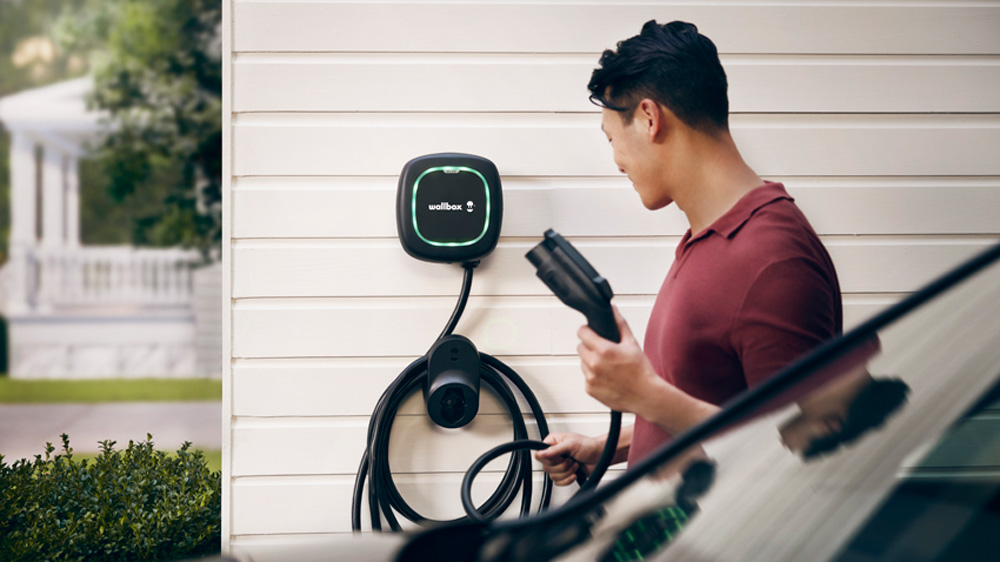
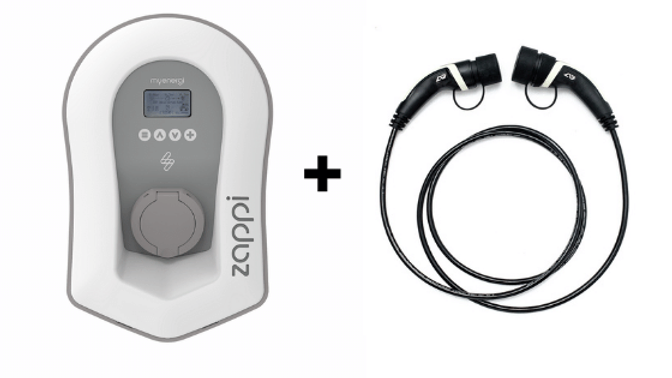
Which type of charger is right for me?
There are two types of chargers Tethered and Untethered.
While both tethered and untethered EV chargers charge your car in the same way tethered chargers, come with a cable attached to the EV charger which cannot be detached whilst an untethered charger has a detachable cable.
As an untethered charger has a detachable cable it has a slot for a charging that you plug in at both ends – one in the EV Charger, the other in the car. Once charging is complete you need to unplug both ends of the cable and store it somewhere.
Why Install an EV charger?

Convenient Charging: Having an EV charger at your location lets you charge your electric vehicle conveniently at home, ensuring a full battery whenever you need it, without relying solely on public charging stations.

Cost Savings: Home EV charging is usually cheaper than public stations. Utilise off-peak electricity rates for more savings, making it a cost-effective choice compared to gas-powered cars.
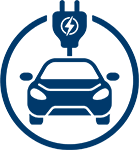
Extended Vehicle Range: Regularly charging your EV at home ensures a full battery every morning, extending your vehicle's range and eliminating range anxiety for worry-free daily commutes and longer trips.

Energy Independence: With a home EV charger, you become more energy-independent. You have control over your vehicle's charging schedule and energy source, especially if you generate electricity through solar panels or other renewable sources.

Environmental Benefits: By charging your EV at home, you can ensure that you are using clean, renewable energy to power your vehicle. This contributes to a more sustainable future.

Backup Power: Some home EV chargers are equipped with a feature that allows them to act as backup power sources during power outages. In emergencies, your EV charger can supply electricity to your home or power essential appliances.
Frequently Asked Questions
What is a Heat Pump Hot Water System?
Unlike traditional systems that rely on an electrical element to heat water, heat pump hot water systems use a heat exchanger to transfer heat from a renewable source—either the surrounding air or underground—to an insulated storage cylinder. This process is highly energy-efficient and significantly reduces electricity consumption.
Why Choose a Heat Pump System?
- Energy Efficiency: Heat pumps use up to 50%-75% less energy compared to traditional hot water systems.
- Cost Savings: Hot water systems are one of the biggest energy users in the home installing an efficient hot water system such as a heat pump can help lower energy bills and have an excellent ROI.
- Environmental Benefits: Reduced greenhouse gas emissions. Heat pumps produce fewer greenhouse gas emissions compared to traditional heating systems. They use electricity to move heat, making them a more environmentally friendly heating and cooling solution.
- Solar Compatibility: If you have solar panels, you can use excess solar power to run your heat pump, further reducing your bills.
How Does a Heat Pump Work?
The system uses an evaporator fan and a compressor to transfer heat from the surrounding air to the water storage cylinder. It’s similar to a refrigeration cycle but in reverse. While some electricity is used in the process, the overall energy wastage is minimal.
Are There Rebates Available?
Yes, various rebates like the Solar Homes Program hot water rebate and federal government STC incentive can help offset the initial investment and make installing a heat pump more affordable. As a New Energy Tech Approved Seller, Solar Victoria authorised retailer and CEC Accredited Installer we are able to help eligible customers access these rebates.
Make the installation cost-effective, sometimes even free.
What Types of Heat Pumps Are There?
- Air-source Heat Pumps: Extract heat from the surrounding air.
- Ground-source Heat Pumps: Source heat from underground, generally more efficient but also more expensive.
What About Noise and Installation Location?
Heat pumps do generate some noise, similar to a modern refrigerator. Therefore, consider the location carefully, especially in relation to bedrooms.
Can Heat Pumps Work in Cold Climates?
While they are more efficient in warmer climates, many models come with an electric element booster for colder temperatures.
Key Points to Consider
- System Design: Choose between integrated and split systems based on your space and installation preferences.
- Size and Capacity: Consider your daily hot water requirements to select the appropriate tank size.
- Climate Suitability: Some models are designed for cooler climates; consult with our experts for the best fit.
- Quality and Safety: All installations are compliant with Australian Electrical Safety Standards and come with a 12-month guarantee.
Projects
Consult the Experts
Ready to make the switch to solar?
Contact us today for a no-obligation consultation. Our team of experts will guide you through every step of the process, ensuring you make an informed decision that’s right for you.




